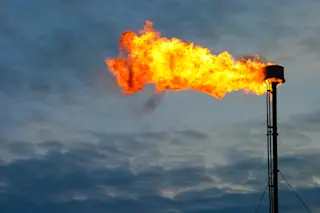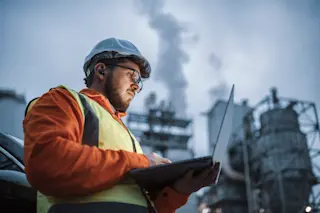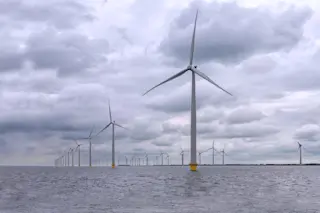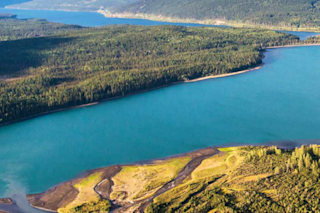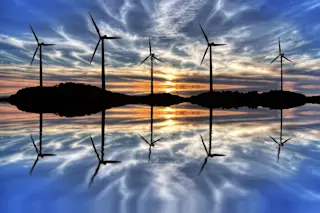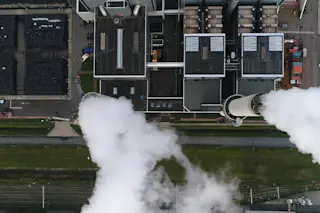You may have heard, as Scientific American reports, that the "U.S. Nuclear Regulatory Commission (NRC) voted to allow construction of two new nuclear reactors" in Georgia. It's a pretty big deal, since Jimmy Carter was President the last time a commercial reactor was approved. As the LA Times notes, the new Georgia plant
is supposed to have all of the technology and safeguards to avoid a meltdown like the one that occurred at Fukushima, which was hit by a tsunami after a massive earthquake and lost electrical power to keep its reactor cool. The Westinghouse system is supposed to be able to endure a complete blackout and safely shut down the reactor with passive cooling systems, said company spokesman Vaughn Gilbert.
Of course, for those who are opposed to nuclear power based on safety concerns, what happened at Fukushima remains frightful proof of the dangers. But as George Monbiot argued ...




